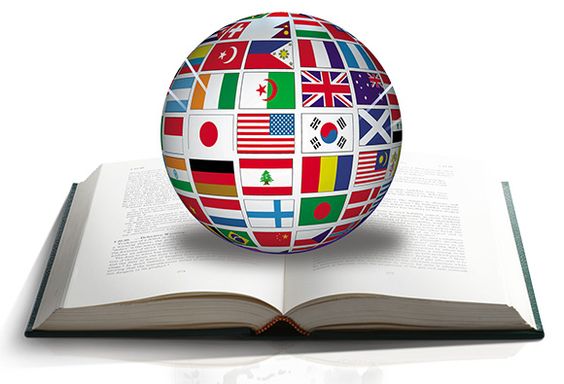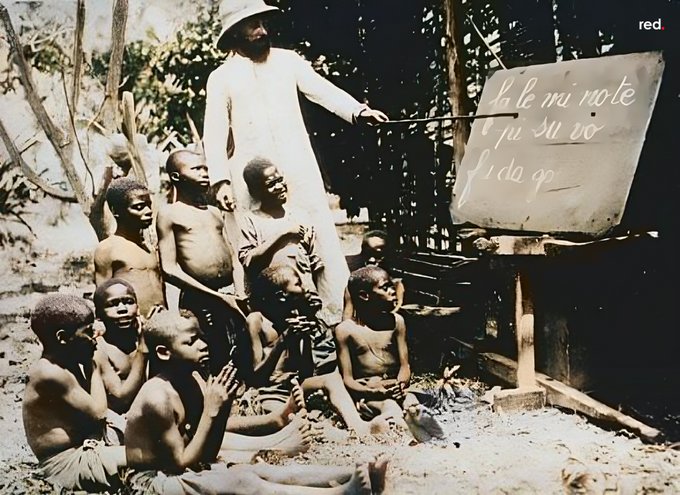
23 Aug LANGUAGE IS DEVELOPMENT: HOW OUR WORDS CAN SHAPE OUR WORLD
Language is an integral aspect of man. It is a primary medium by means of which man communicates. Communication is necessary because man is not programmed to exist in isolation. Therefore, to pass across a message, language is a medium. In Africa, there are thousands of languages and dialects and this makes it hard for African countries to be called ‘nations.’ The presence of these languages should have been a source of strength to Africa, however, during the colonial period, people that historically were antagonistic were merged together and those that should have existed as an entity were partitioned. Thus, the distortion of ancestral societies along artificial lines makes it hard for meaningful advancement. What are the functions of indigenous languages?

English language is the language of the people of the British Isle. It was an artificial language created by the amalgamation of three languages: Jutes, Angle, and Saxon. This language was suppressed by Latin and French. However, when the English people decided to take pride in their language, to write in their language, to use it in commerce, interpersonal relation, that is when their language began to lift the people beyond cultural nadir.
Language empowers a people’s culture and proselytizes it beyond borders. Although language is a cultural product, it energizes culture and projects the users of the language and their cultural heritage. The use of English by the English people enhances the acceptability of the language, promotes the culture of the English people and projected them beyond their national boundaries. Therefore, it is expedient for Africans to begin to take pride in their indigenous languages and begin to marshal out channels by means of which their languages would transcend Africa.
Language, more so, is a source of power. A people who have developed modern means of harnessing the verbal resources of their language will harvest greatness and impacts across borders. The Chinese and Indians are good modern example of a people who have harnessed their verbal resources for exponential growth. The Chinese and Indians were colonized like any other African country. They witnessed the dehumanizing impacts of colonial brutality. They gained their independence at the same time when many African countries were marshalling out modalities by means of which they could gain their own liberation. But today, these countries have gone beyond African countries. The mystery of their advancement is their indigenous languages. These societies placed little value on English language and the languages of their colonial masters. They are also bilingual societies just like many Africa states. But they were abreast with the power of language as a unifying force. This they employed and today they are competing with US and UK.
 We must advocate a radical return to our indigenous languages. Every African country should be encouraged to set up Bureaus of Indigenous Language Development. These bureaus should be saddled with the responsibility of researching into indigenous languages, writing of textbooks, literary texts as well as conducting research in science and technology using indigenous languages. More so, pupils should be taught the language of their locality right from nursery school to university. Above all, pupils should not be discouraged from speaking their mother tongues in school and their mother tongues should not be branded as vernacular. If there is anything that should be branded so, it is the language of the erstwhile colonialists.
We must advocate a radical return to our indigenous languages. Every African country should be encouraged to set up Bureaus of Indigenous Language Development. These bureaus should be saddled with the responsibility of researching into indigenous languages, writing of textbooks, literary texts as well as conducting research in science and technology using indigenous languages. More so, pupils should be taught the language of their locality right from nursery school to university. Above all, pupils should not be discouraged from speaking their mother tongues in school and their mother tongues should not be branded as vernacular. If there is anything that should be branded so, it is the language of the erstwhile colonialists.
Akwu Sunday VICTOR




No Comments